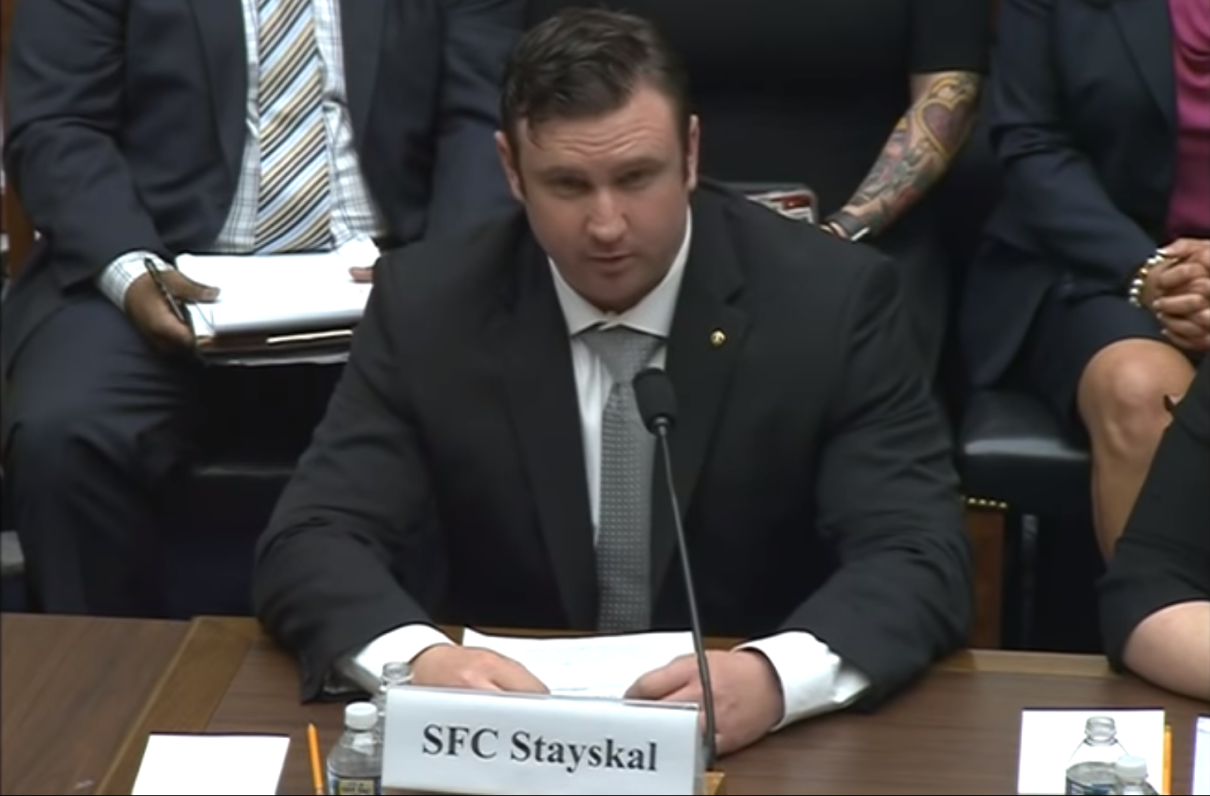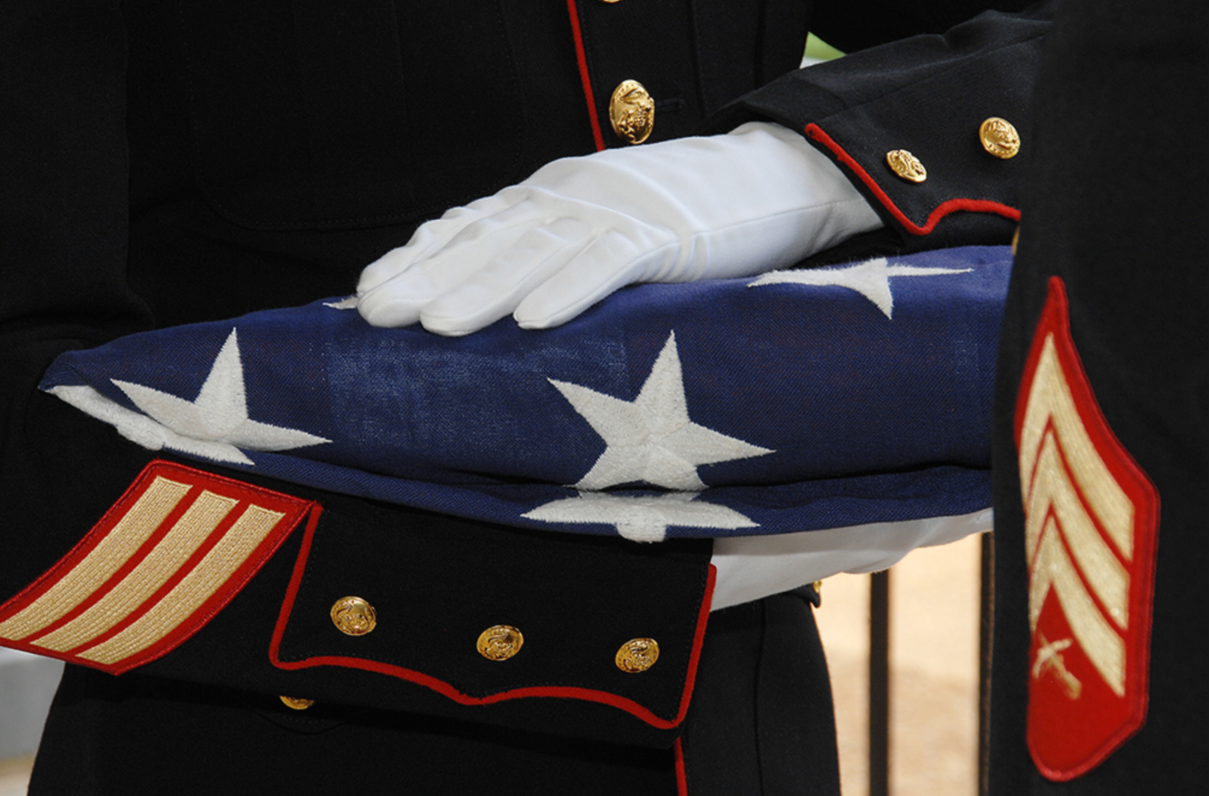Servicemembers have long been powerless to hold the military medical system accountable in the event of malpractice; a 1950 Supreme Court decision inspired the so-called “Feres Doctrine,” which prohibits lawsuits in such instances.
A new House bill, which is supported by MOAA and other military and veteran advocacy groups, would change that.
The bipartisan proposal, introduced by Rep. Jackie Speier (D-Calif.), would expressly allow such claims against the government. Such claims would come with a three-year statute of limitations, per the legislation, and any award would not be reduced by Servicemembers’ Group Life Insurance benefits.
The bill “is a step in the right direction,” said Lt. Gen. Dana T. Atkins, USAF (Ret), MOAA president and CEO, and “provides for an exemption of the Feres Act for our military members.”
Multiple servicemembers and their families have challenged this decades-old doctrine after they or their relatives allegedly received improper treatment by military medical personnel, including:
- Lt. Rebekah “Moani” Daniel, a Navy nurse who died after childbirth at a Navy hospital in 2014 when medications given to stop her bleeding failed. Further lifesaving measures were initiated too late, according to court documents. The case has reached the Supreme Court.
- Sgt. 1st Class Richard Stayskal, USA, who was diagnosed by Army doctors with pneumonia but later brought his symptoms to a civilian doctor, who told him he had Stage 4 lung cancer. Stayskal testified before the House Armed Services Personnel Subcommittee last month; Speier’s bill is known as the Sergeant First Class Richard Stayskal Military Medical Accountability Act of 2019.
- Staff Sgt. Dean Witt, USAF, who entered a military facility for an appendectomy and would, after multiple medical mistakes, be left in a vegetative state and be taken off life support three months later. The Supreme Court refused to hear Witt’s family’s case in 2011; Witt’s widow, Alexis Witt, testified before the personnel subcommittee.
Servicemembers injured during combat or in the line of wartime duty are not eligible to sue the government for medical malpractice or other damages; that regulation, part of the 1946 Federal Tort Claims Act, would not be affected by Speier’s legislation.
Speier, the chair of the House Armed Services Personnel Subcommittee, called the Feres Doctrine “a travesty.”
“It denies servicemembers who put their lives on the line for this country the same access to the justice system enjoyed by servicemembers’ spouses, other federal employees, and even prisoners,” Speier said in a statement. “Creating an exemption for medical malpractice is long overdue. I’m thrilled to have a bipartisan group of colleagues join me in addressing this injustice for our servicemembers and their families, who bear the burden of service as well.”
In addition to MOAA, other advocacy groups supporting the legislation include the National Military Family Association, Blue Star Families, and the Service Women’s Action Network.




